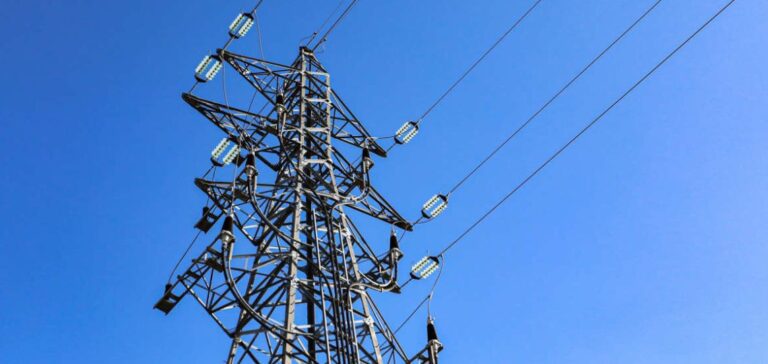Interventions for unpaid gas and electricity bills hit a record high in 2022 despite the tariff shield put in place to contain soaring prices, but for electricity disconnection is no longer the rule.
“Despite the tariff shield and the allocation of additional energy vouchers, the number of interventions for unpaid increased in 2022: 863,000 (…) were implemented, an increase of 10% compared to 2021,” announced Thursday the energy ombudsman. This is the highest level since the Ombudsman began recording these interventions in 2015.
Unprecedented in the extent of stress in the energy markets, 2022 also saw a drop “for the first time” in the number of households in arrears who experienced a power cut. A “social advance” welcomed by the Fondation Abbé Pierre, which is campaigning for a law on the total abolition of power cuts in main residences. The number of households cut off has been reduced to 157,000, against 254,000 in 2021, a decrease of 38%, according to the Ombudsman, who specifies that the evolution is “mainly” the fact of “some suppliers, including EDF.
Since April 1, 2022, EDF has chosen not to suspend the power supply in case of unpaid customers, but to reduce their power to 1 kVA or 3 kVa, regardless of the time of year. This is enough to turn on a light bulb, recharge your phone, keep food and medicine in the refrigerator, or to take steps to regularize your situation, emphasizes the Fondation Abbé Pierre.
End of winter break
In its press release, the Foundation called on other suppliers to follow suit, citing Total Energies and Engie in particular. Provider Plum has also made public commitments, while others are reluctant to communicate for fear of encouraging bad payers. “But in reality, they don’t cut and offer payment terms to the most distressed,” an industry source points out.
About the cuts, the Foundation argues that it is a “cruel social punishment” with consequences that can be dramatic by aggravating the risk of fire through the use of candles, lamps or kerosene heating. “The limitation of power is far from being comfortable, and therefore does not participate in a disempowerment of consumers, “said the Foundation.
At the same time as a reduction in power cuts, the number of unpaid households whose power has been reduced at the electricity meter has jumped to 610,000 in 2022, according to the ombudsmen. This represents an increase of 36% compared to 2021 and a 2.2-fold increase since 2019, and in two out of three cases, this did not involve an EDF customer, according to the incumbent supplier.
Since February 26, 2023, a decree has been imposed on all suppliers: they must provide a minimum electricity supply of 1 kVA for at least 60 days, prior to a power cut in the event of unpaid bills for households receiving energy cheques and the Housing Solidarity Fund, equipped with a communicating meter. With this measure, this year, the end of the winter break on April 1 will no longer mean immediate power cuts for tenants in difficulty.
“We must go further,” pleaded the energy ombudsman Olivier Challan Belval. “The current energy crisis asks us about the long-term protection devices for the most fragile consumers,” he commented in his statement. As an independent public authority, the National Energy Ombudsman’s mission is to propose amicable solutions to disputes with companies in the sector and to inform energy consumers of their rights.






















